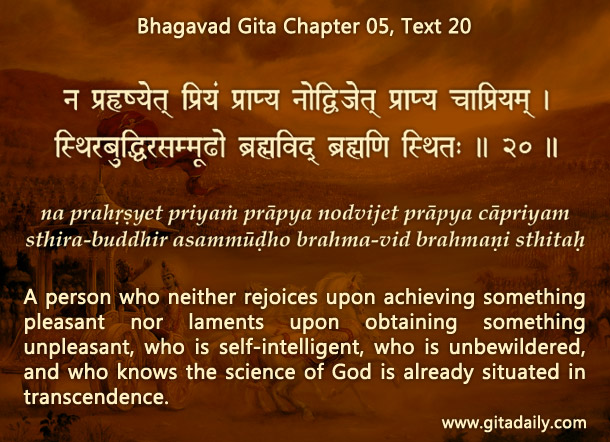People who get intoxicated frequently act in ways that are short-sighted, stupid or even self-sabotaging. Consequently, we readily recognize the need to avoid such intoxication and to strive for sobriety.
Unfortunately, we don’t so readily recognize the need for another kind of sobriety: emotional sobriety. When we become drunk on our emotions, we act in counterproductive ways. If something good happens, we may become so elated as to over-indulge. While that may not sound too bad, this positive extreme on the emotional pendulum makes us vulnerable to the negative extreme, which can often impel far more damaging actions. If something bad happens, we may become so dejected as to explode or implode. When we explode, we may lash out at whoever we think is the cause of that difficulty; our snap judgments or knee-jerk reactions can wound or even wreck long-cherished relationships. When we implode, we may quit even though we might be on the verge of doing something worthwhile or even wonderful. Worse still, we may bury our frustration in such self-destructive or addictive pleasures that propel us into long-lasting problematic behavioral patterns. Such explosions or implosions are especially evident in sports wherein a talented but temperamental player throws up tantrums when things aren’t going their way; they end up blowing up both their chances in the match and their reputation as players.
How can we cultivate emotional sobriety? By becoming more open to re-examining our notions of what will make us happy. Such flexibility becomes easier when we are spiritually anchored, for that anchor infuses us with a basic sense of wellness and calmness. Pertinently, the Bhagavad-gita (05.20) states that the spiritually evolved stay emotionally steady among life’s ups and downs.
One-sentence summary:
To avoid self-destructive reactions to life’s ups and downs, cultivate emotional sobriety by letting go of our conceptions of what will make us happy.
Think it over:
- What happens when we become drunk on our emotions?
- Note one incident when you observed the dire consequences of the lack of emotional sobriety.
- How can we become emotionally sober?
***
05.20: A person who neither rejoices upon achieving something pleasant nor laments upon obtaining something unpleasant, who is self-intelligent, who is unbewildered, and who knows the science of God is already situated in transcendence.
To know more about this verse, please click on the image


Leave A Comment